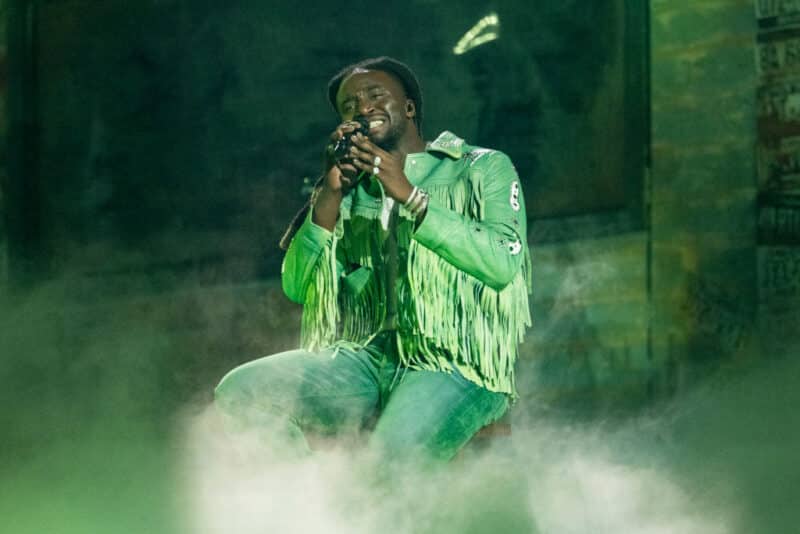Shaboozey’s Snub Proves The CMAs Have a Racism Problem
The 2024 Country Music Awards once again brought up the question of race discrimination in country music. Shaboozey, a Nigerian-American singer whose single “A Bar Song (Tipsy)” dominated charts and radio airplay, entered the ceremony with the highest number of nominees for the event, including New Artist of the Year and Single of the Year. Yet, he left empty-handed. This apparent lack of inclusion has left audiences and critics to wonder if the CMAs are actually dedicated to inclusivity or just talk it up.
A History of Overlooked Talent
Shaboozey’s disdain is not unique. Though his nominations were forward-looking, his inability to capture anything suggests performative inclusivity, in which Black artists are lauded for their glamour and denied any kind of legitimacy. It’s not the first time the CMAs have been denounced. In fact, Beyoncé’s hit country album Cowboy Carter, was completely excluded from nominations even though it debuted at the top of the Billboard Top Country Albums chart and had an opening week No. 1 single, “Texas Hold ‘Em.” Many viewed the CMA’s omission of her as a sign of institutional discrimination.
Even Black country heroes such as Charley Pride faced setbacks in their careers. While Pride was voted CMA Entertainer of the Year in 1971 and given a Lifetime Achievement Award in 2020, it was decades after his debut in a white-dominated industry. In a similar vein, Darius Rucker has won only one CMA for his solo career (despite his huge crossover country success). Such victories, historic as they are, are the exception rather than the rule.
What are CMA Voting Members’ Functions?
Much of the blame falls on the CMA’s voting and membership. The current voter base is heavily influenced by the traditional country music establishment that has historically excluded all other voices. This begs the question of whether those voting on the issue have a good sense of contemporary country music’s evolving sound and audience. Many voting members are from backgrounds that focus on the white-centric definition of the genre and have historically been overrun by traditionalist artists.
It’s important to reform the CMA voting apparatus. Diversifying its members (by hiring more Black artists, executives and critics) would make the awards process more representative and inclusive. Secondly, openness in the voting process might offset allegations of bias and ensure that nominations result in tangible honors.
Why It Matters
Country is rooted in Black music, from the banjo’s African roots to the genre’s relationship to blues and gospel. Yet Black artists’ contributions are largely ignored. Shaboozey’s chart success and universal popularity shows that country music audiences are ready to welcome musicians from all walks of life. The CMA’s inability to acknowledge this disconnect distances Black musicians, as well as the diverse audiences they serve within the genre.
During the past couple of years, artists such as Mickey Guyton and Kane Brown have challenged the status quo, and broadened the definition of what country music can be. Guyton’s “Black Like Me” was a Grammy-nominated song of courage, yet the CMAs didn’t give it much credence. Kane Brown, one of the most commercially successful country artists in his generation, has also fallen victim to the CMAs.
The Path Forward
For the CMAs to be relevant and credible, they can’t just nominate Black artists; they need to celebrate them. It means revisiting their voting policies, increasing membership diversity, and combatting the structural discrimination that continues to rule out Black artists from the genre’s most prestigious awards.
Country music is for everyone and it’s time for the CMAs to honor that. Only then will the genre flourish and take full advantage of its history and promise. Until things really change, incidents such as Shaboozey’s shrug will remain ugly reminders of how far the industry has to go.
Discover more from mecca
Subscribe to get the latest posts sent to your email.
